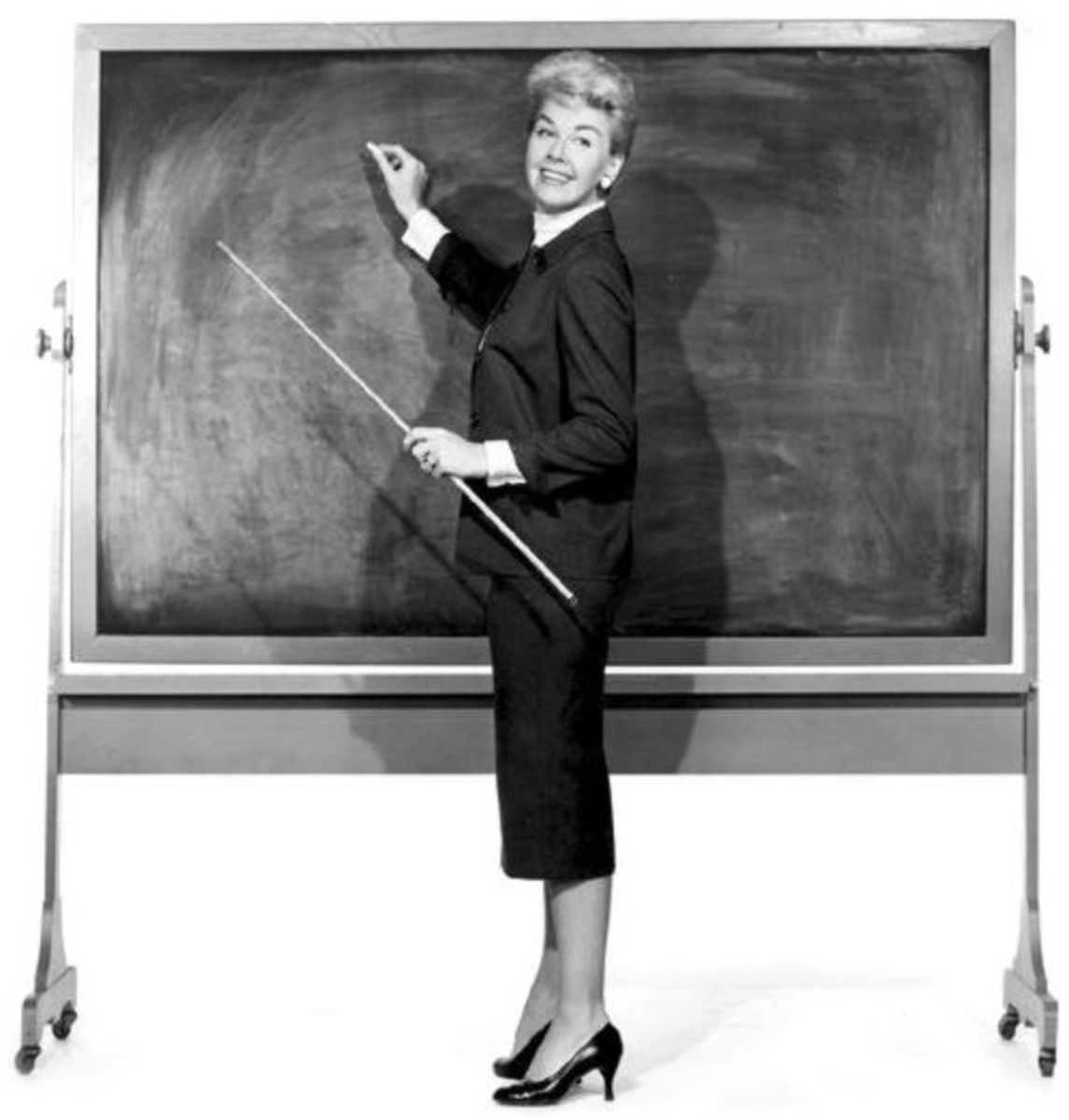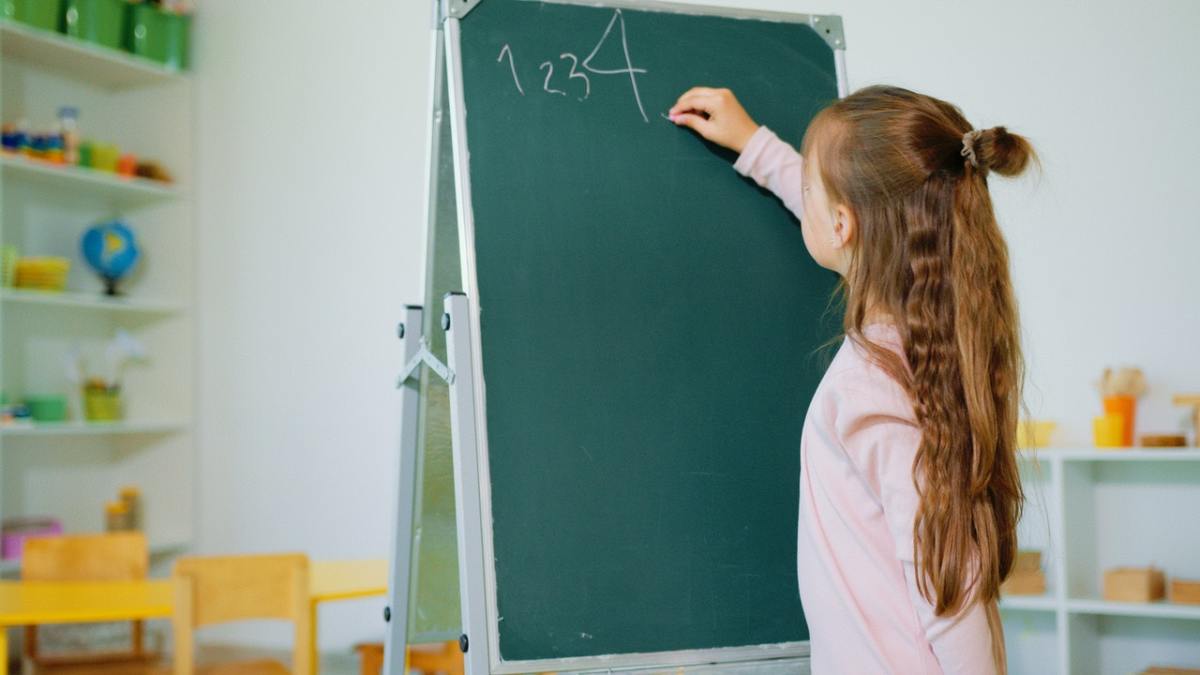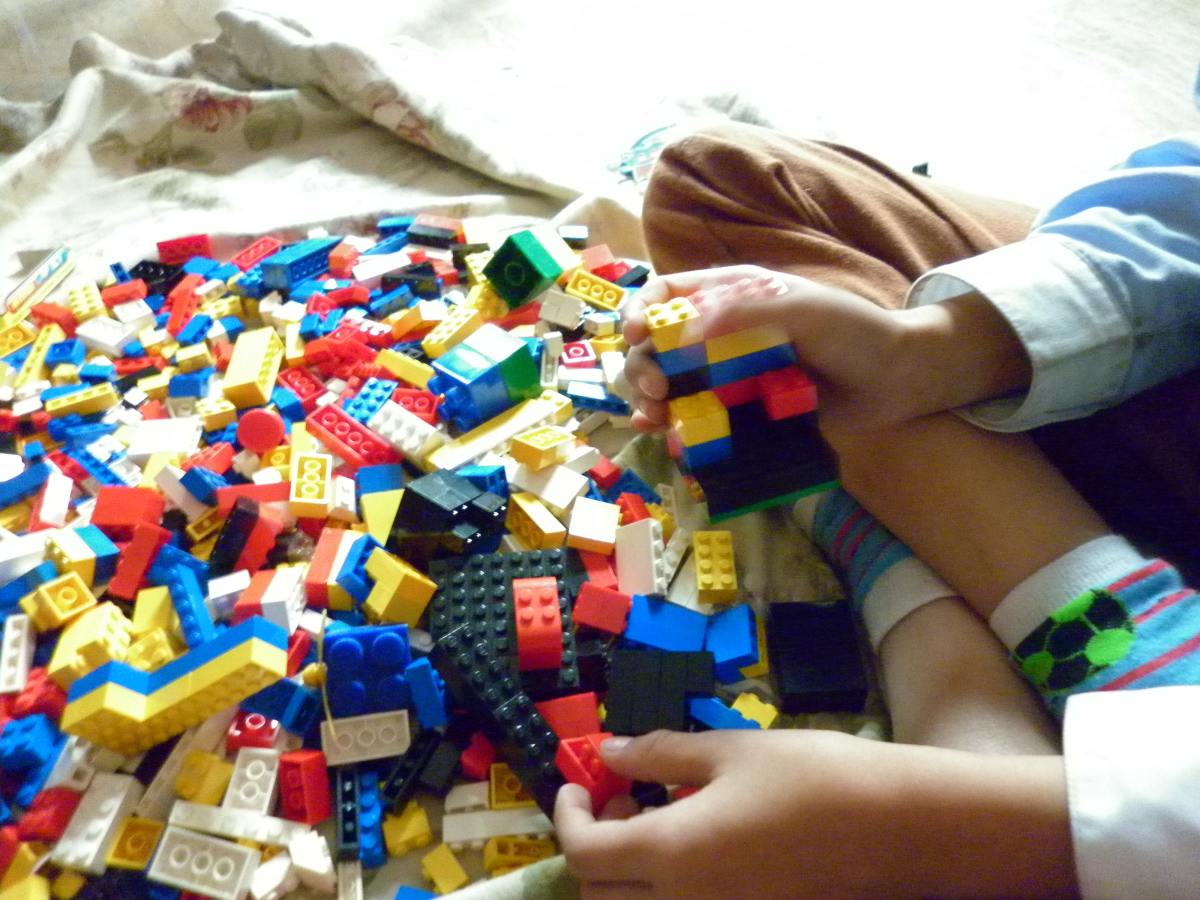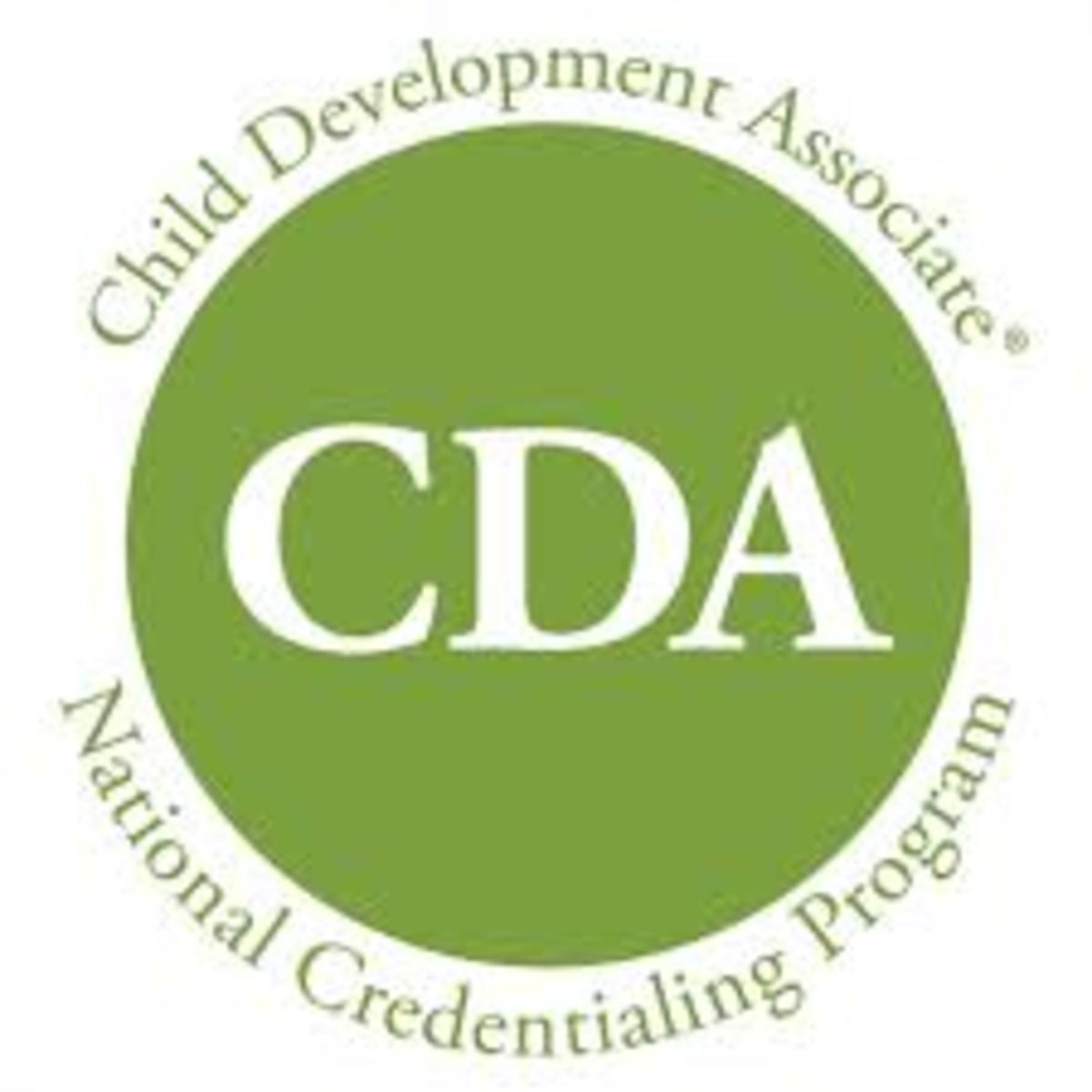Is My Child Gifted? Does it Matter?
Albert Einstein: A Poster Child for Giftedness
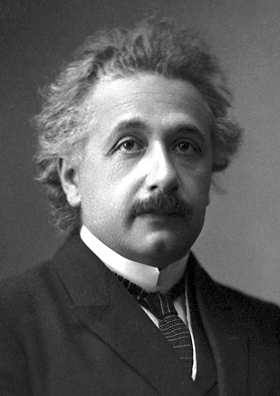
Signs of Intellectual Gifts in Children
According to Ellen Winner, gifted children:
- are precocious--learning things earlier than is average in any field of learning;
- learn differently--teaching themselves and developing unique problem-solving methods; and
- have a "rage to master"--an intense desire to know everything about some area of learning.
If you have a profoundly gifted child, you probably already know it. You are exhausted from answering questions every waking hour, meeting with preschool teachers who don't understand why Jane or John can't be content doing coloring sheets, and dealing with your child's frustration when his/her brain conceives ideas that are too advanced for a young child's hands to create.
If you homeschool, your child might have finished entire textbooks while you weren't watching, leaving you wondering what curriculum you can find that will last for the remainder of the academic year. If your child goes to a conventional school, they are likely bored out of their minds and might have some behavior problems as a result.
Unusual Children
Your gifted child may have some characteristics that are hard for people to understand. For example, Dr. Thomas Sowell had a late-talking child who turned out to be profoundly gifted. He researched late-talking children because he got tired of everyone telling him his son was autistic or mentally disabled. Sowell found many parents in the same boat as he. According to The Einstein Syndrome, some children who talk late still understand language at an advanced level and display other signs of giftedness. These children often potty train late as well. They also tend to have an unusual number of relatives in engineering or other highly quantitative/analytical professions. These Einstein Syndrome families may also have an unusual concentration of musicians, both amateur and professional.
Many gifted children display extreme sensitivity in one or more areas. For example, sensory sensitivity may show itself as a child responds to sounds or touch in a manner that seems extreme. Emotional sensitivity can bee seen in a child who is unusually attuned to and affected by the feelings of those around them. Some accommodations may be necessary for these sensitive children to thrive in school, e.g. testing in a private room to minimize visual or auditory distractions.
Finally, a child may be "twice exceptional"--displaying giftedness as well as learning disabilities. In having a child evaluated, be sure to choose a professional who has specific experience and interest in giftedness; otherwise, a gifted child can easily be misdiagnosed and given a label that will be hard to shake once the public education establishment gets a hold of it. Many of the traits of some gifted children, such as emotional intensity or unusual energy and deep concentration, may be mistaken for ADHD or autism--especially by people who are eager to medicate children and eliminate their differences for the convenience of adults in the classroom.
Help for a Special Group of Late-Talking Children
Does it Matter?
If your child is gifted, it matters that you know it and understand how to help your child get an appropriate education. It matters that you seek out the resources they need and fight when necessary for accommodations: advanced grade placement, online classes, alternative curriculum.
It does not matter, however, if you merely want a "gifted and talented" label so you can walk around bragging or give your child an inflated ego. Only seek to learn about your child's gifts with their best interests at heart. Your task is to provide the learning environment and loving support to enable your child, gifted or average, to be all he/she can be!
References:
Sowell, T. (2002). The Einstein Syndrome. New York: Basic Books.
Winner, E. (1996). Gifted children: Myths and realities. New York: Basic Books.
Helpful Links About Gifted Children
- Children Need Gifted Teachers
The most gifted students in high schools generaly do not choose to become teachers. This is the result of several factors including the nature of gifted students, the nature of educational bureaucracy and the variety of career options available today - Gifted Students: Who Cares?
Gifted children are a neglected population in many schools. Who is gifted and how are their needs different from other students? Learn about the reading habits of highly gifted children and the challenges they present to educators.
How Can Schools Help Gifted Students?
What can be done with students who learn quickly and finish long before the rest of the class? Let's look at some of the ways schools deal with such students and consider some more creative and productive alternatives.
Busy Work or Engaging Activity?
Gifted students are often bored in a regular classroom. One typical response from an overworked teacher is to simply assign busy work to the students who have finished the regular work. Capable students do not need more drill; They need more advanced work. Students who must work day after day, year after year on skills they have already mastered will grow to hate school. School becomes a prison to them, and they simply mark time until they can escape and do something interesting and important.
Instead of busy work, students should have the option of engaging in more advanced work. For example, an advanced reader may enjoy reading A Girl of the Limberlost while the rest of the class is still finishing Sarah, Plain and Tall. An advanced grammarian could learn to diagram sentences (a dying art) while the rest of the class reviews nouns and verbs. Make the work worthwhile rather than pointless repetition of material already mastered.
Free Labor or Apprentice Teaching?
Because gifted students have already mastered the material the rest of the class is learning, these students are sometimes used as unpaid tutors. When teachers assign group projects, these capable students must do most of the work or must try to help the struggling students--a job for which the child did not apply; neither is he trained nor paid to do that job.
A better alternative is to have some of the most talented students trained in tutoring. These student apprentices could spend a few hours each week presenting a science lab, using math manipulatives with a struggling student, or reading to kindergarten students. The gifted student is introduced to the art of teaching and may even be inspired to consider a teaching career.
Learning Time is Valuable
Students should not be simply marking time until graduation. With so much to be learned, it is almost criminal to make a student sit through material that is too easy for them. Instead, redeem that time by turning it into learning time. At the very least, advanced students should be able to go to the school library and do independent reading on topics of interest.
Better yet, relax mandatory school attendance laws so that high achievers have flexibility to graduate early or to spend part of their school day studying outside a government-mandated setting. Students could study independently for CLEP or AP exams, earning college credit and saving their families thousands in tuition dollars. Students could spend time apprenticing with a parent, librarian, minister, or artist. Setting these advanced students free would benefit them as well as the average and struggling students, for whom more resources would be available when advanced students graduate early or receive instruction outside the government system.
References:
MacLachlan, P. (1985). Sarah, plain and tall.
Stratton-Porter, G. (1909). A girl of the Limberlost.


